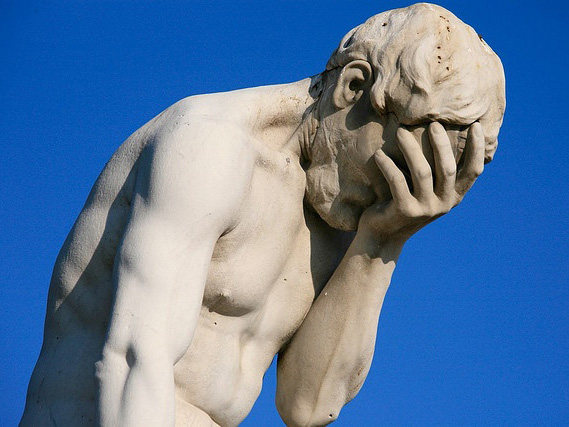November 9, 2016.......The Morning After
I am not a believer in serendipity. Nonetheless, I am always pleased when it shows up.
I went to sleep late on the night of Tuesday, November 8th already understanding that Donald Trump was headed to victory. Awakening early on Wednesday morning, I made a cursory examination of online sources to confirm my fears, and then turned it off. There would be time enough for analysis, hand-wringing and lamentation. Besides, I had an 8:00 AM appointment to have my car serviced.
At the dealership I retreated to the quiet room (Thank you, Falmouth Toyota for that mini-oasis from the blare and bleat of television!) and pulled from my briefcase a newly-published book that Lori had picked up for me at the library, knowing of my longstanding interest in poetry: The Best American Poetry 2016, Guest Editor Edward Hirsch, published in September of this year.
Poetry often serves as an escape hatch for me, a way to momentarily set troubles aside and to view the world through the prescription lenses of another sensibility. Sometimes I am even blessed with insights, comfort or inspiration that I can take away from my encounter with a poem.
So, this morning I cracked open this volume and read the introduction by the series editor, David Lehman, who chose to share William Butler Yeats poem “The Second Coming”, written in 1919, a poem which includes the now-famous lines: “The best lack all conviction, while the worst / Are full of passionate intensity.” Commenting on those two lines Lehman writes:
“The aphorism retains its authority as an observation and a warning. Think of the the absence of backbone with which certain right-minded individuals may be said to have met the threats of one bloody ism or another since the 1930s. Or consider our self-doubt and shaken confidence today, our lack of unity, the stalemate between rival factions. (In at least one sense our House is divided against itself.) On the opposite side, jihadists and advocates of Sharia are rightly known for their extreme zealotry. All totalitarian regimes are based on dogma, and all dogmas demand of their followers a ‘passionate intensity’ capable of overwhelming all other considerations.”
So, avoiding Facebook and online news sources, I searched online for some poetic expression to feed my need for solace and found this: O Me! O Life!
Walt Whitman
Source: Leaves of Grass (1892)
Oh me! Oh life! of the questions of these recurring,
Of the endless trains of the faithless, of cities fill’d with the foolish,
Of myself forever reproaching myself, (for who more foolish than I, and who more faithless?)
Of eyes that vainly crave the light, of the objects mean, of the struggle ever renew’d,
Of the poor results of all, of the plodding and sordid crowds I see around me,
Of the empty and useless years of the rest, with the rest me intertwined,
The question, O me! so sad, recurring—What good amid these, O me, O life?
Answer.
That you are here—that life exists and identity,
That the powerful play goes on, and you may contribute a verse.
Kenneth Duva Burke, an American literary theorist who had a powerful impact on 20th-century philosophy, aesthetics, criticism, and rhetorical theory, called literature “equipment for living”. I am glad that I am able to keep at hand poems that speak to me and which provide solace, uplift, necessary questions and inspiration–the “equipment for living”–that I will need now more than ever if, as Whitman believed, each of us “may contribute a verse” to the powerful play that demands our involvement as long as we are privileged to draw breath.
Reb Elias



